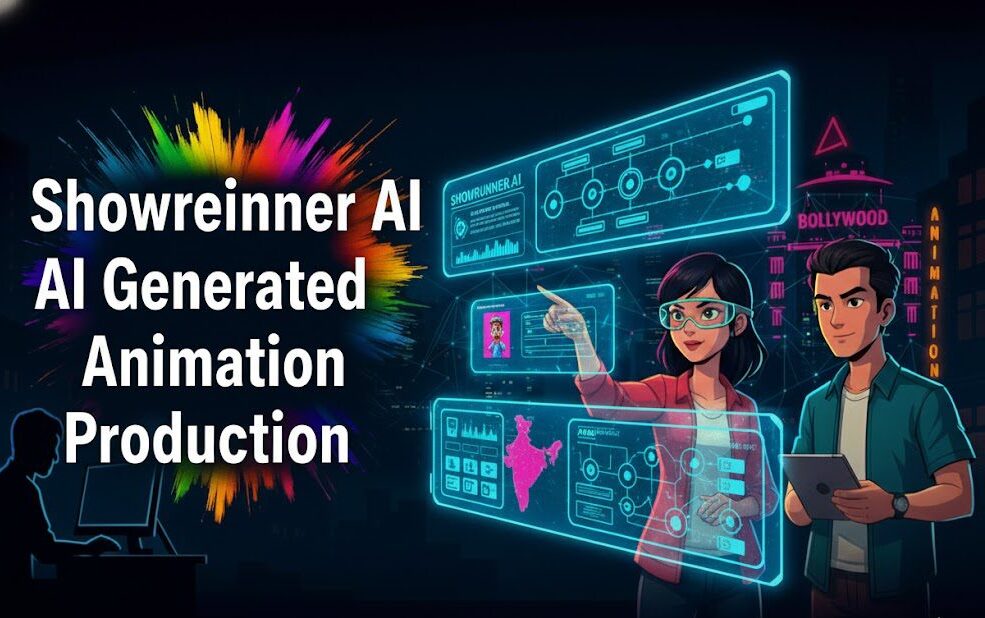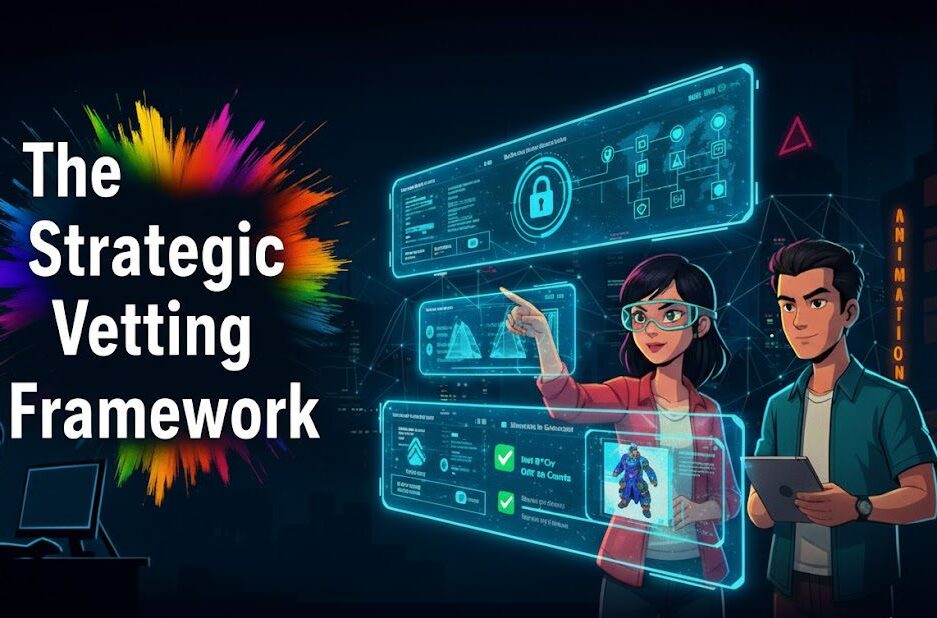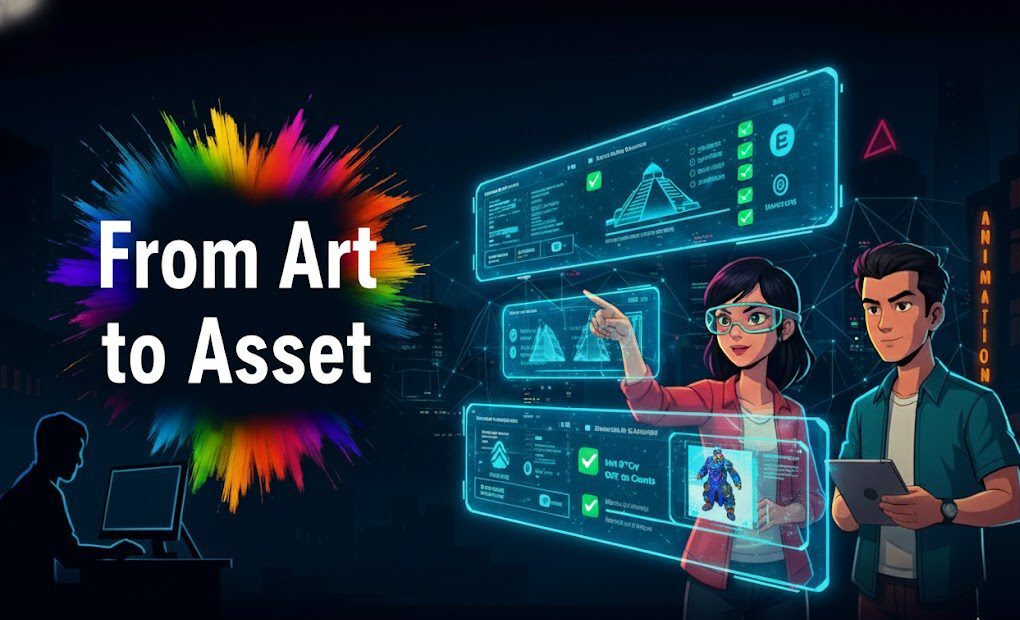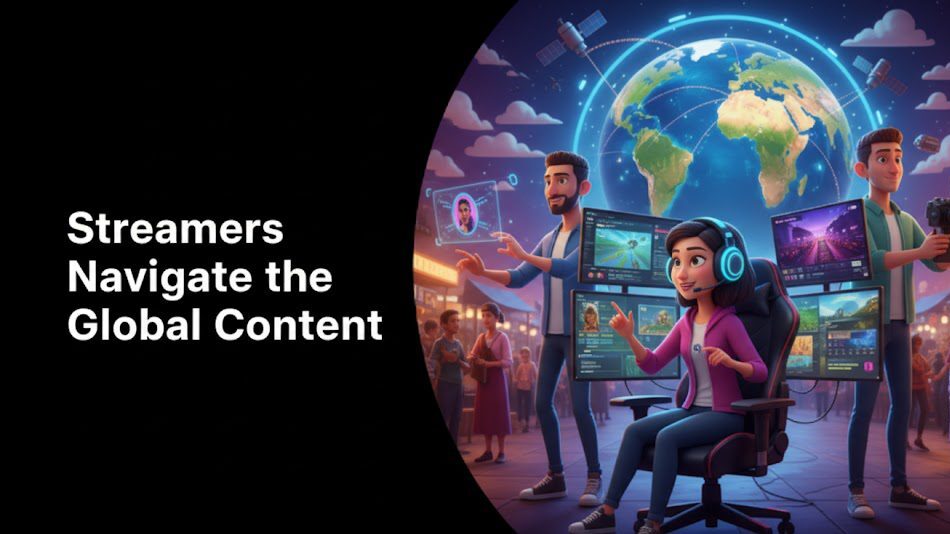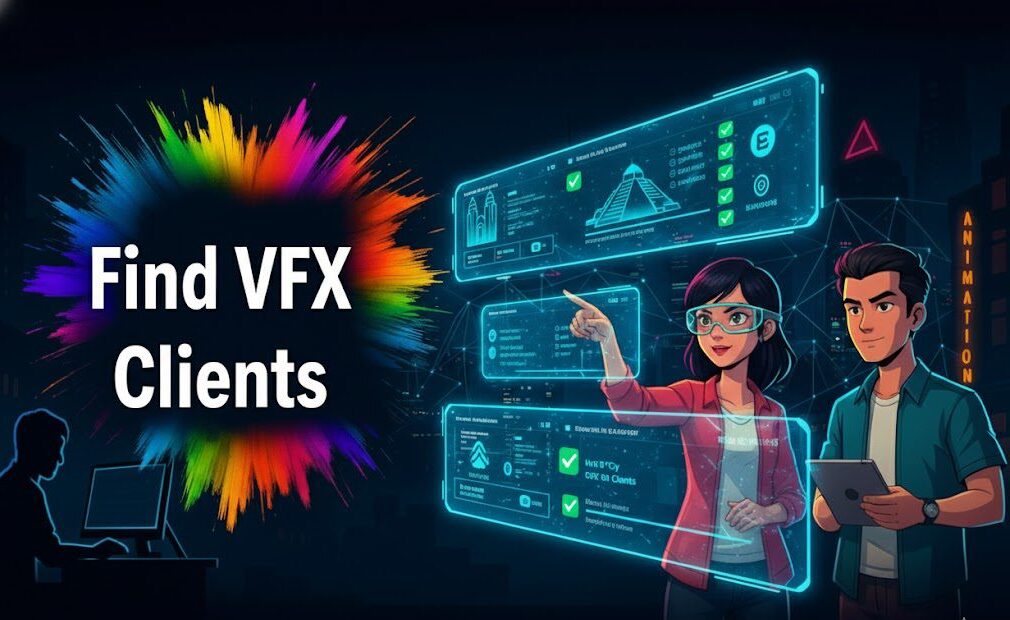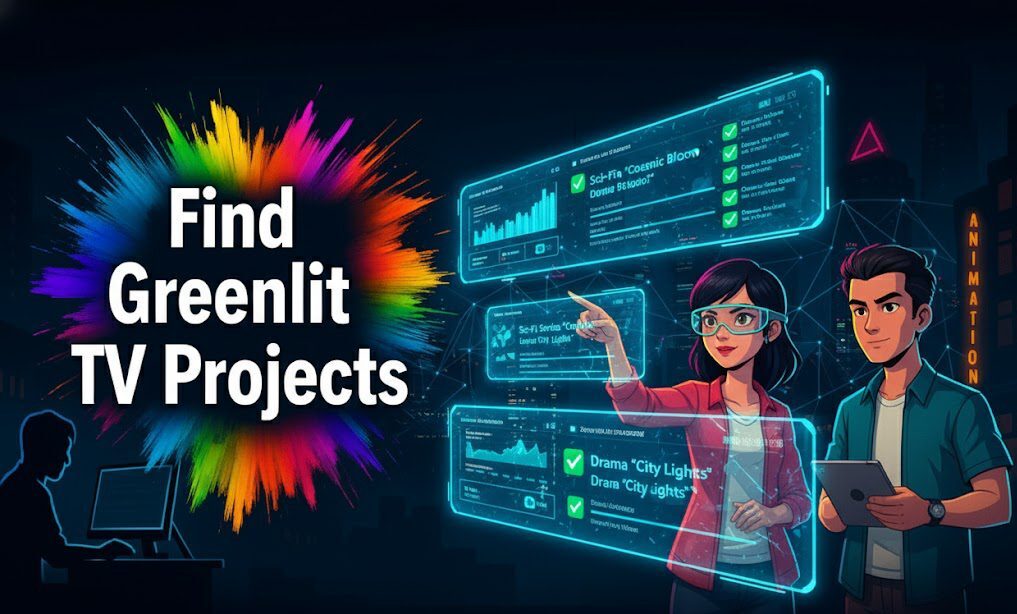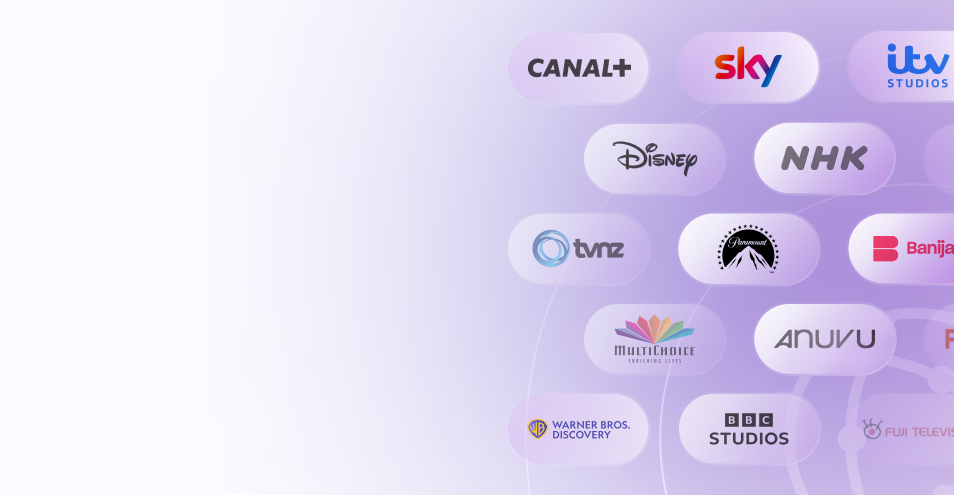Introduction
Have you ever wondered how your favorite book becomes a blockbuster film or hit TV series? The journey from page to screen starts with optioned book rights—a crucial first step in adapting literary works for the screen. In this guide, we’ll break down what optioned book rights are, how the process works, who the key players are, and how bestsellers are transformed into visual storytelling.
If you’re an author, producer, or entertainment executive, understanding optioned book rights can give you a competitive edge in the entertainment industry. Plus, we’ll explore how Vitrina helps film and TV professionals connect with the right partners for book adaptations.
Table of content
- Introduction
- What Are Optioned Book Rights?
- How Does the Optioning Process Work?
- Who Buys Book Rights for Film and TV?
- Key Terms in Optioned Book Rights Deals
- How Much Do Authors Earn from Optioned Book Rights?
- How Do Books Get Picked for Adaptation?
- Challenges in Optioning Books for Screen Adaptation
- How Vitrina Helps with Optioned Book Rights
- Key Takeaways
- FAQs
Find the Best Optioned Books for Adaptation
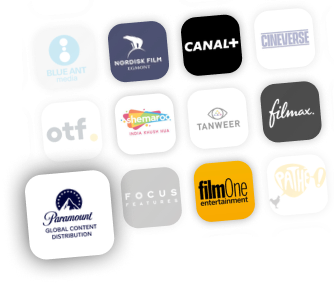
What Are Optioned Book Rights?
Optioned book rights refer to an agreement where a producer, studio, or production company pays an author or publisher for the exclusive right to develop a book into a film or television project for a limited period. This does not guarantee that the book will be adapted, but it gives the buyer time to secure funding, develop a script, and attach key talent.
An option agreement acts as a “reservation” on a book’s screen rights, ensuring that no other producer or studio can acquire them during the option period.
How Does the Optioning Process Work?
The optioning process involves several stages:
- Negotiation – The author, agent, or publisher negotiates terms with the buyer.
- Contract Signing – A formal option agreement is signed, outlining rights, duration, and payment.
- Development Phase – The buyer develops the project (writing scripts, finding financing, attaching talent).
- Option Expiration or Purchase – If the project moves forward, the buyer exercises the option by paying an agreed-upon amount for full adaptation rights. If not, the rights revert to the author.
Who Buys Book Rights for Film and TV?
Several industry players acquire book rights for adaptations, including:
- Major Studios (Netflix, Warner Bros., Universal Pictures)
- Independent Production Companies
- Streaming Platforms (Amazon Prime, Apple TV+, Hulu)
- Television Networks (HBO, BBC, FX)
- Producers & Showrunners
Authors often work with literary agents or entertainment lawyers to negotiate these deals.
Navigate the Book Rights Market with Vitrina

Key Terms in Optioned Book Rights Deals
Understanding key terms in option agreements is crucial:
- Option Fee – A non-refundable payment for exclusive adaptation rights.
- Option Period – The timeframe (typically 12-24 months) for development before rights expire.
- Purchase Price – The final price if the option is exercised.
- Reversion Rights – If no film is made, rights return to the author.
How Much Do Authors Earn from Optioned Book Rights?
Author earnings vary widely, but here’s a rough estimate:
- Option Fees – $500 to $50,000 (average: $5,000–$10,000).
- Purchase Price – Often 2%-5% of the total production budget (can reach six or seven figures for bestsellers).
- Backend Profits – Some deals include royalties if the film or series succeeds.
How Do Books Get Picked for Adaptation?
Studios and producers look for:
- Bestsellers & Critically Acclaimed Books
- Strong Fan Base (e.g., fantasy & sci-fi series)
- Books with Cinematic Storytelling & Unique Worlds
- Timely & Socially Relevant Themes
Film scouts actively track emerging trends to find the next big adaptation.
Challenges in Optioning Books for Screen Adaptation
- Securing Funding – Not all optioned books get produced.
- Creative Changes – Screenwriters often alter characters, plots, or endings.
- Market Trends – Industry trends shift, affecting what gets adapted.
- Rights Complications – Some books have complex legal rights.
How Vitrina Helps with Optioned Book Rights
Vitrina simplifies the process of finding the right partners for book adaptations. Whether you’re an author, producer, or distributor, Vitrina’s platform provides:
- Access to thousands of global production companies & studios
- Verified contacts of key decision-makers in the film industry
- Tracking of book-to-screen adaptation trends
- Direct outreach to financiers & content buyers
If you’re looking to sell, option, or acquire book rights, Vitrina can connect you with the right opportunities in the entertainment supply chain.
Key Takeaways
- Optioned book rights allow studios to develop a book adaptation before committing to a full purchase.
- The optioning process involves negotiations, development, and exercising the option.
- Earnings vary, with bestselling authors securing higher payouts.
- Challenges include financing, creative changes, and market shifts.
- Vitrina connects industry professionals with the right partners for book-to-screen adaptations.
Frequently Asked Questions
Typically, 12-24 months, with possible extensions.
No, many optioned books never make it past development.
Yes, especially if they have strong sales or niche appeal.
























